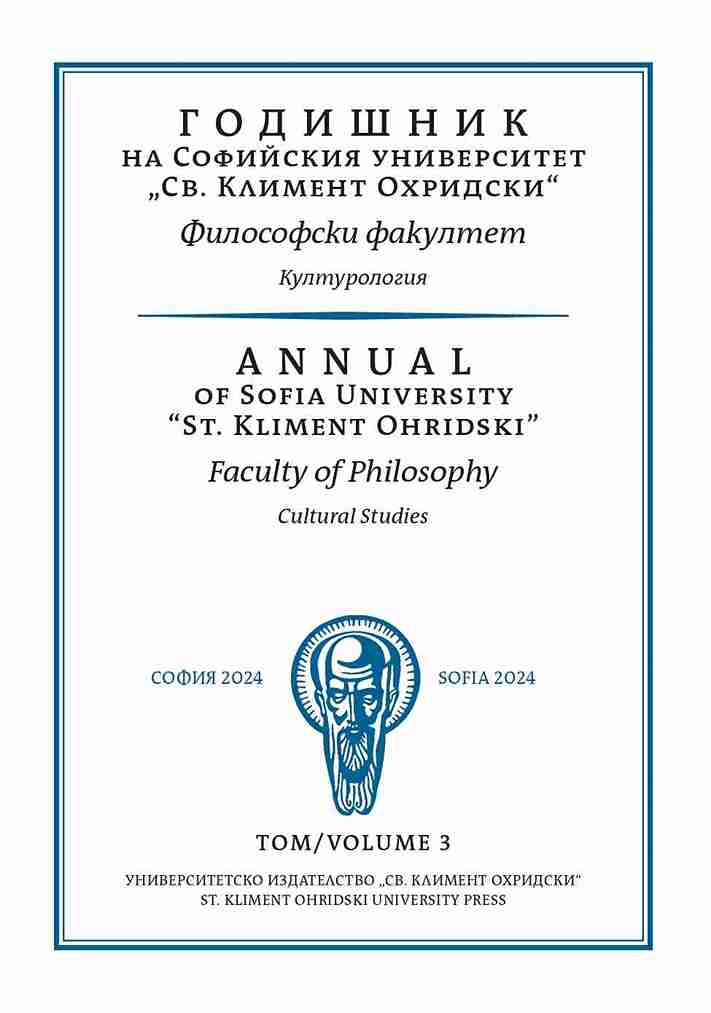Културна компетентност и когнитивни уклони: Фактори за въздействие при формирането на културна осъзнатост
Cultural competence and cognitive biases: Factors of impact in the process of formation of cultural awareness
Author(s): Milena Koleva-ZvancharovaSubject(s): Social Sciences, Language and Literature Studies, Education, Psychology, Education and training, Vocational Education, Educational Psychology, Cognitive Psychology
Published by: Софийски университет »Св. Климент Охридски«
Keywords: cultural competence; cognitive biases; cognitive bias; knowledge, skills and attitudes
Summary/Abstract: Cultural competence is one of the eight recognised key competences, which the EU Council Recommendation of 22 May 2018 on key competences for lifelong learning defines as a combination of knowledge, skills and attitudes, where attitudes describe the predisposition and mindset to act and react in different situations. Cognitive biases represent a systematic deviation from the norm and rationality in processing information necessary for making assumptions and decisions. They act as barriers and catalysts in the process of cultural awareness formation. Cultural competence includes the ability to understand, communicate and interact effectively with people from different cultures, respect for the creative expression of ideas and meaning, open-mindedness to the expression of cultural diversity and respect for it. This article examines the impact of cognitive attitudes on these processes and points out why awareness of their effect can improve an individual’s cultural competence and creative expression, as well as their ability to propose innovative solutions.
Journal: Годишник на Софийския университет „Св. Климент Охридски“. Философски факултет. Културология
- Issue Year: 2024
- Issue No: 3
- Page Range: 69-77
- Page Count: 9
- Language: Bulgarian

